Discover the special South American country, 2.5 times longer than Vietnam, the narrowest in the world
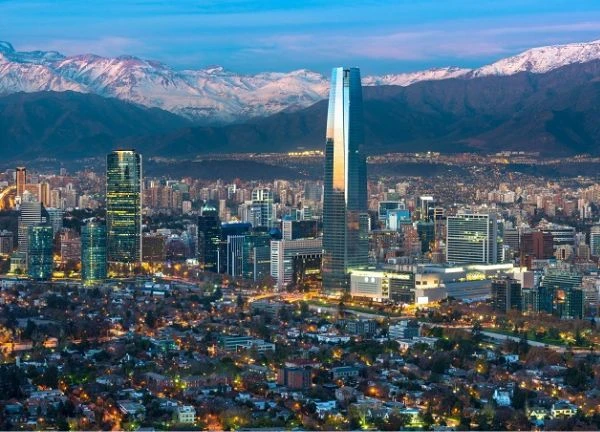
2 | 1 Discuss | Share
Since 1901, world medicine has changed dramatically after Karl Landsteiner discovered the ABO blood group system. In 1940, the Rh blood group system was discovered by Karl Landsteiner and other scientists. Since then, the practice of blood transfusion has received more attention.
Later, many other red blood cell blood group systems such as Rh, Kell, Kidd, Duffy, MNS, Lewis... were discovered. Each of these blood group systems has one or more antigens. Of which, Rh is considered the most complex blood group system with more than 50 antigens (antigen D is the most common).
As of June 2021, there are 43 red blood cell blood group systems and 376 different blood group antigens recognized by the International Society of Blood Transfusion. This Society has also proposed a convention on rare blood groups. Accordingly, a blood group antigen or phenotype (abbreviated as blood group) with a frequency of occurrence of less than 0.1% is called a rare blood group and less than 0.01% is called a very rare blood group. Therefore, a blood group may be rare in one country, but may not be rare in another country or region.
According to the National Institute of Hematology and Blood Transfusion, 45% of our country's population has blood type O, 20% has blood type A, 30% has blood type B and only 5% has blood type AB.
Many people still think that AB will be the rarest blood type in Vietnam because its rate is lower than other blood types in the ABO system. But in fact, Rh(D) negative is the rarest. It is in accordance with the convention of the International Blood Transfusion Society when it only accounts for nearly 0.1% of our country's population. AB group is only rare when it is AB Rh(D) negative.
Interestingly, in Vietnam, the rare blood type is Rh(D) negative, but in Europe, America, and Australia, Rh(D) negative accounts for 15% - 40% of the population. However, based on the rules of giving and receiving, blood type O Rh- is the most risky type. Because it will only receive blood from type O Rh-. This is the blood type that is often in short supply in hospitals due to high demand, and is often used in emergency cases when there is no time to determine the patient's blood type. People with blood type O are nicknamed "blood donors" or "giving blood types" because their blood can be used for anyone.
Pham Anh Ngoc (25 years old, Hanoi) has donated blood 16 times. Ngoc said that thanks to donating blood many times, Ngoc was tested and the doctor said that her blood type is rare.
Ngoc said: "When the doctor informed me that I had the rare blood type B Rh(D) negative, I went home and looked up information about rare blood types online. At first, I was a bit worried, but then I felt normal again. I also researched and joined the rare blood type club so that when someone needed me, I would have the information to donate blood."
Ngoc has received many calls from the National Institute of Hematology and Blood Transfusion asking her to donate blood for patients. Ngoc recalls that at first she was quite confused because she did not think her blood type was so rare. Later, Ngoc gradually got used to donating blood and became calmer when called.
Nguyen Hoai Son (24 years old, Hanoi) said that when he was a university student, Son participated in voluntary blood donation. After donating blood for the first time and being tested, Son learned that he had a rare blood type AB Rh(D) negative. Since then, Son often donated blood following calls from the National Institute of Hematology and Blood Transfusion. From then on, Son understood the importance of blood donors like himself to patients.
According to the convention of the International Society of Blood Transfusion, blood groups with a rate of less than 0.1% in the population are considered rare and less than 0.01% are considered very rare. In Vietnam, people with Rh(D) negative blood group are rare.
Associate Professor Tran Ngoc Que - Director of the National Blood Center (National Institute of Hematology and Blood Transfusion) said that in 2024, the Institute has received nearly 240 units of rare blood types and 2,458 units of phenotype-compatible blood from treatment facilities. The amount of suitable blood stored in the warehouse only meets about 56%, the remaining amount (44%) the Institute has to search for and mobilize directly from blood donors. The National Institute of Hematology and Blood Transfusion acknowledges the kindness of rare blood type donors and phenotype-compatible blood donors who have traveled far (from Nam Dinh, Ha Nam, Thai Binh...) to donate blood when invited by the Institute.
Associate Professor Tran Ngoc Que said that many people, despite being busy with work, busy with worries or holding important positions in agencies and units, still arrange their busy time to donate blood when there is a patient in need. It is the enthusiasm and willingness to accompany people with rare blood types that has helped the Institute ensure this extremely special blood source.
As of October 2024, the International Society of Blood Transfusion recognizes 47 red blood cell group systems with 366 different blood group antigens. Of these, the ABO blood group system and the Rh blood group system are the most important in blood transfusion practice.
The International Society of Blood Transfusion defines: a blood group antigen or phenotype (abbreviated as blood group) with a frequency of less than 0.1% is called a rare blood group and less than 0.01% is called a very rare blood group.
In Vietnam, one of the rare blood types often mentioned is Rh(D) negative because it only accounts for less than 0.1% of the population. Meanwhile, the rate of Rh(D) negative blood type in the community in Europe or many countries is not rare, because it can account for up to 15 - 40% of the population.
Vietnam is proud to have a 700-year-old "spiritual treasure", the only two countries in the world that possess it. 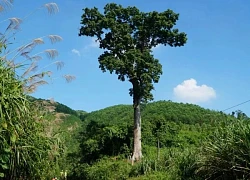 Pinky15:43:21 21/11/2024Known as Ha Long on land, Ben En National Park, covering 15,000 hectares in the two districts of Nhu Xuan and Nhu Thanh (Thanh Hoa), is considered a fertile land with beautiful landscapes.
Pinky15:43:21 21/11/2024Known as Ha Long on land, Ben En National Park, covering 15,000 hectares in the two districts of Nhu Xuan and Nhu Thanh (Thanh Hoa), is considered a fertile land with beautiful landscapes.

2 | 1 Discuss | Share
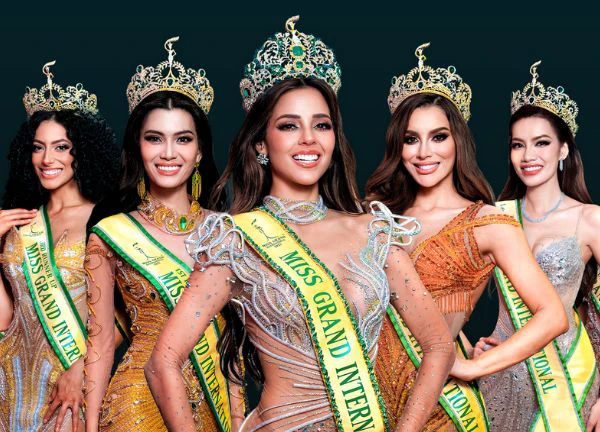
3 | 1 Discuss | Share

4 | 1 Discuss | Share
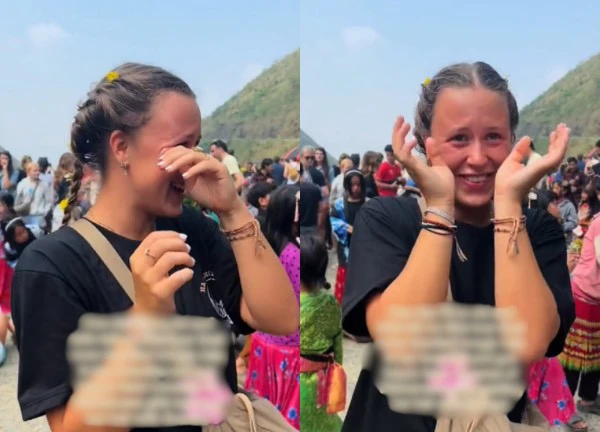
4 | 1 Discuss | Share
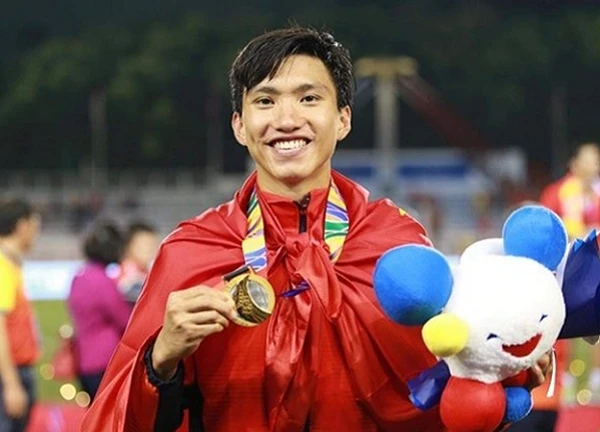
0 | 0 Discuss | Share

3 | 0 Discuss | Share

4 | 0 Discuss | Share

5 | 0 Discuss | Share
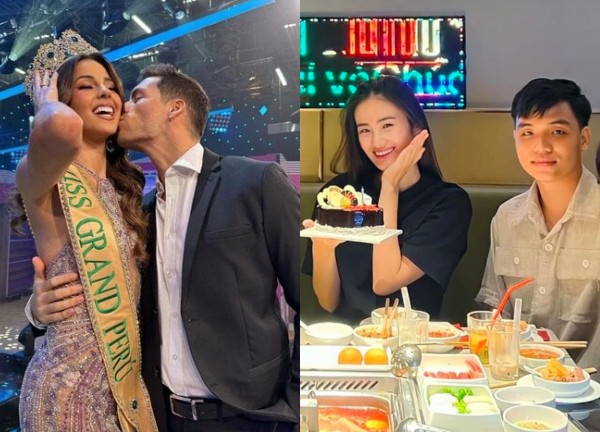
4 | 0 Discuss | Share

4 | 0 Discuss | Share

2 | 0 Discuss | Share

5 | 0 Discuss | Share
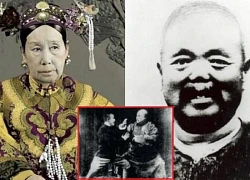

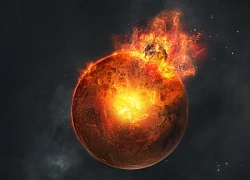
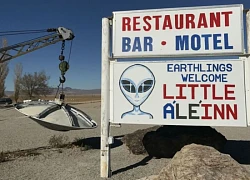
5 | 1 Discuss | Report